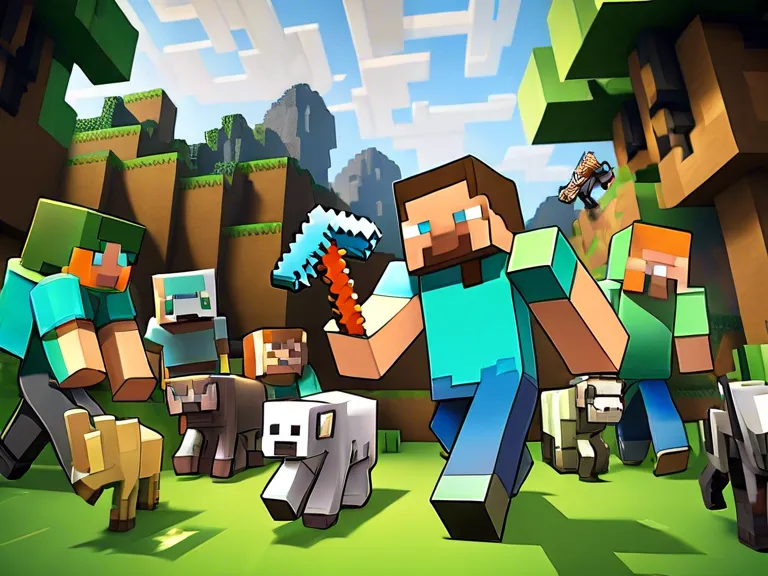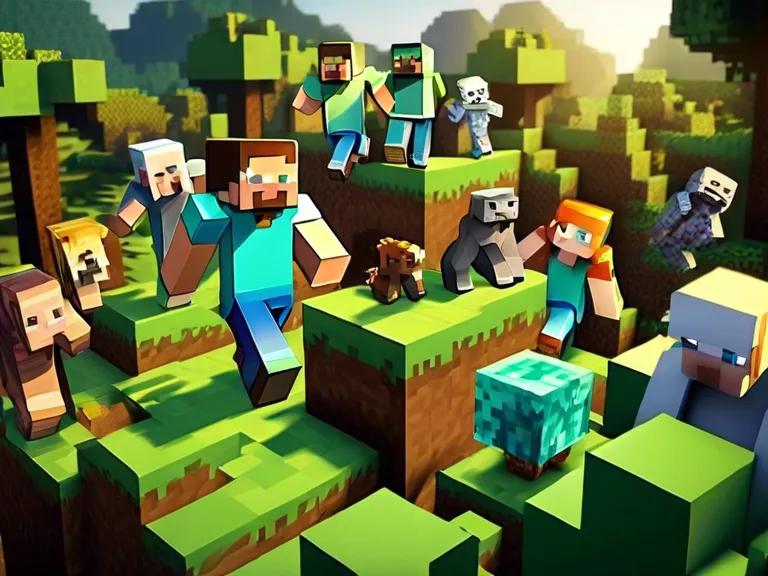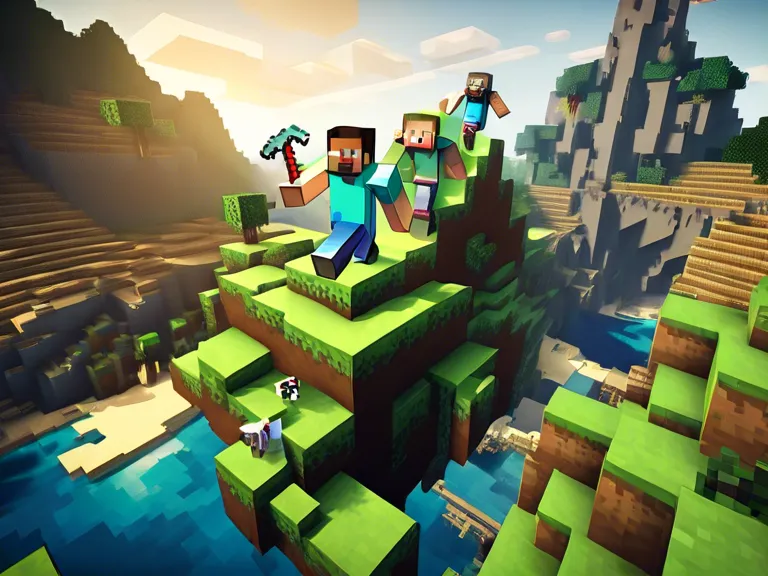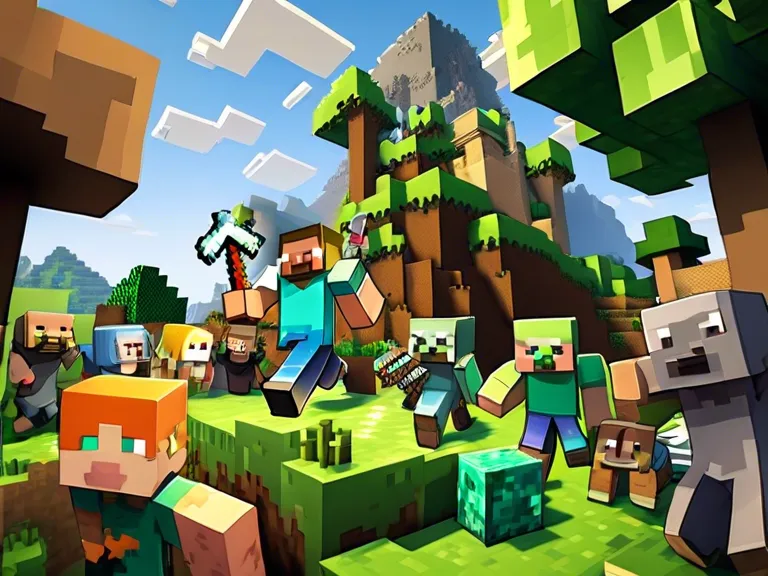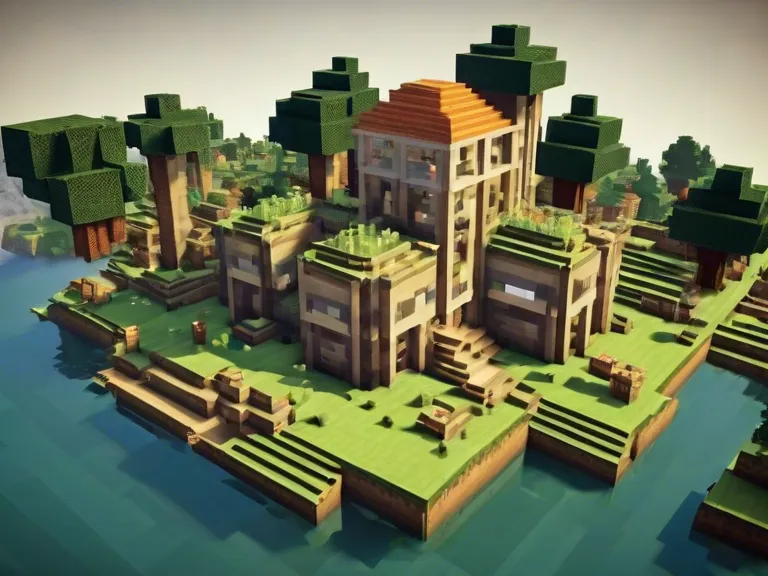
In recent years, virtual worlds have gained popularity as powerful tools for educational purposes, with Minecraft standing out as a prominent example. This article explores the concept of constructivist learning in virtual worlds, focusing on the insights provided by Minecraft's educational applications.
Minecraft's open-world, sandbox environment is conducive to fostering constructivist learning experiences. Constructivism is a learning theory that emphasizes the importance of learners actively constructing their own understanding and knowledge through hands-on, experiential activities. In Minecraft, players have the freedom to explore, create, and problem-solve in a virtual world that mirrors real-life scenarios.
One key aspect of constructivist learning in Minecraft is the collaborative nature of the game. Players can join forces to work on projects, share ideas, and solve challenges together. This collaborative aspect mirrors real-world interactions and promotes teamwork, communication, and critical thinking skills among players.
Furthermore, Minecraft's endless possibilities for creativity allow players to engage in design thinking and experimentation. From building intricate structures to coding redstone circuits, players can exercise their creativity and problem-solving skills in a supportive environment. This hands-on approach to learning encourages active engagement and deep understanding of the concepts being explored.
Minecraft's educational applications have showcased the potential of virtual worlds as immersive learning environments. Teachers and educators have incorporated Minecraft into their curriculum to engage students in subjects such as history, mathematics, and coding. By leveraging the game's interactive features and creative tools, educators can create meaningful learning experiences that cater to diverse learning styles and interests.
In conclusion, Minecraft's educational applications provide valuable insights into the benefits of constructivist learning in virtual worlds. By fostering collaboration, creativity, and hands-on experimentation, Minecraft encourages active engagement and deep understanding among players. As virtual worlds continue to evolve as educational tools, the possibilities for innovative and immersive learning experiences are endless.
